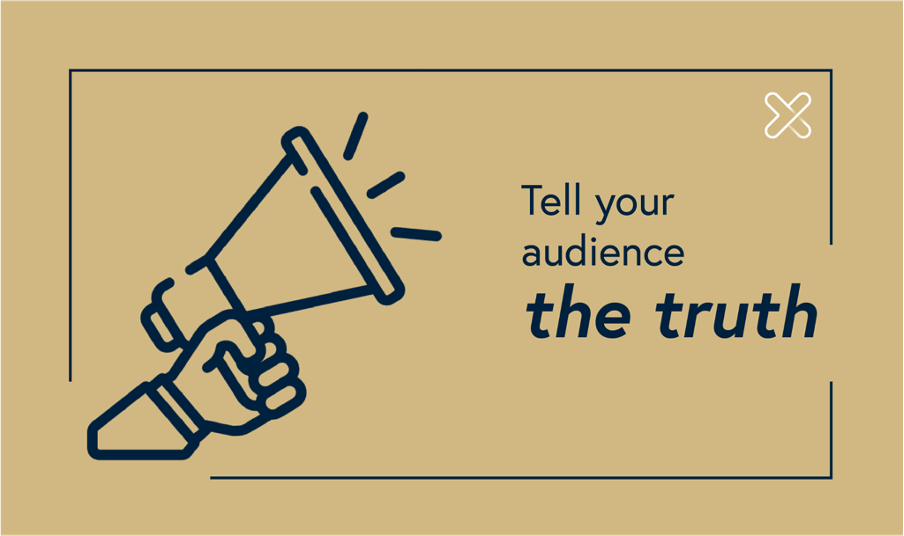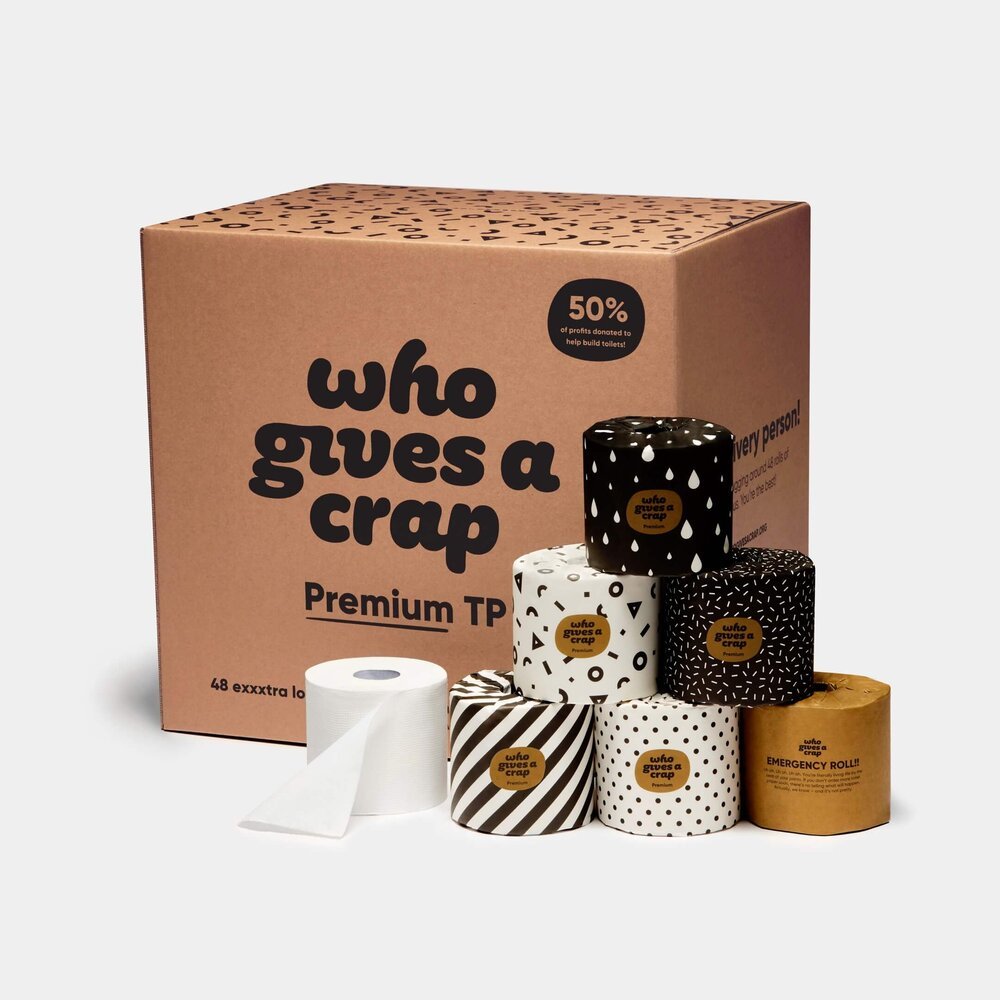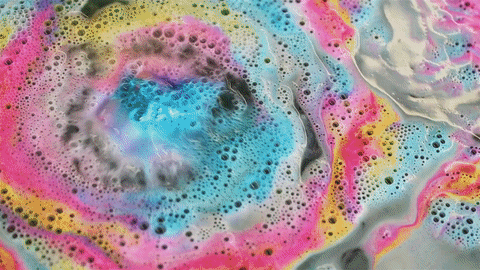Modern consumers are increasingly savvy and concerned with making ethical, appropriate purchases. People want to buy from trustworthy brands, knowing that their money supports responsible business practices and sustainable values.
But with everyone now so focused on being a sustainable brand and trying to showcase their reputability — and with some even resorting to misleading their customers — connecting with your audience in a genuine way can be tough. Sustainable branding isn’t just about highlighting your good, sustainable practices; it’s giving your audience enough to let them truly know and trust your values.
What is sustainability branding?
Sustainability branding is all about creating a holistic image of your brand as more than just environmentally conscious, but responsible across economic and social factors as well. This isn’t designed to be just surface-level either — true sustainability branding reflects ethical values and a commitment to best practices.
The entire supply chain
Being a sustainable brand is more than just the materials you use to make your products too; it’s vetting your entire supply chain, examining your distribution network and methods, advertising honestly, following fair trade practices, and treating employees with dignity and fairness. How are you contributing to better outcomes for staff, consumers, and the wider world?

Tell your audience the truth
Virtue signalling, ‘woketivism’, greenwashing.
These are labels thrown around very often, particularly when brands start a new advertising or manufacturing initiative based on a sustainability policy. This isn’t to say that every accusation is accurate; often, a brand is genuinely just trying to do a good thing and is committed to being a green brand.
But it’s important to recognise that consumers will respond negatively if they think you’re trying too hard, and you might get branded (see what we did there?) with one of these labels. It’s important to avoid any disconnects between what you’re claiming and what is really going on. Putting a big green thumb or tick on your products might seem like the right thing to do, but if it isn’t backed up by evidence, you’re just putting your reputation at risk.
False sustainability claims don’t work with modern consumers — every claim gets thoroughly checked and confirmed, and if you’re found to be misleading people… well, there goes your brand image. Every single consumer is another brand sustainability checker. Even if you’ve made previous claims that were true, all that good work is forgotten.
And there is always another brand ready to take any customers who have turned away from you. Being authentic in your sustainability efforts has never been more important.
Sustainable branding the right way
At this point, it might sound like an impossible task to promote your sustainable branding and practices without being torn down by consumers, but there are ways. Start by thinking about how you can actually make a positive difference, not how you can appeal to customers — that’s crucial. That can come down to using sustainable materials, prioritising reusable packaging, being socially responsible and maybe even switching to renewable energy and a carbon-neutral strategy.
This also means being upfront about your progress. If you’re instituting a new initiative or sustainability focus, don’t pretend like you’re all the way there right out of the gates. Your audience will appreciate the fact that you’re making strides. Give them stats, footage and reflections on how it’s going — this lets them be part of the journey with you. The most ethical brands recognise that brand trust is built on brand truth.
The most important sustainable brand practices
One of the best things you can do from there is to seek feedback from the right people. One group you should hear from is your target audience; learn what social issues matter to them, and how your product can help in that area. From there, you can also consult with non-profit organisations or other expert groups in the area. Their advice — not only on your messaging but your actual practices — will naturally improve your brand positioning and sustainable practices.
Part of the business model, not a marketing strategy
Remember: not every one of your sustainable branding practices has to be explicitly preached to your customers. Of course, be completely transparent about how you go about your work, such as your means of production and distribution, and make this information accessible somewhere. But every distinct point doesn’t have to be overly promoted — this is often what makes brands look like they’re faking it.
Brands in action
Plenty of brands have done a fantastic job of highlighting their ethical practices in a way that feels natural, appropriate and enticing for conscious consumers. Here are two of our favourites, and examples of brand sustainability we think anyone can learn from.
Who Gives a Crap

Toilet paper might not sound like the most enticing product, but Who Gives a Crap has created a brand that makes it fun for consumers without compromising on sustainability or their convictions. Since emerging in 2012, they have turned into one of the most ethical Australian brands, even achieving perhaps the most notable sustainability mark: B corp certification.All of the products on their website include information about how they are made, what materials they use, and why it’s a good option for the environment. This is combined with a thorough ‘Impact’ section that details how they are working to improve the world around them.
Everything is transparent and made available to consumers, allowing them to see how their purchases are contributing to action. Claims are backed up by regular blog updates on programs and partnerships, and detailed information about manufacturing and shipping.
Who Gives a Crap doesn’t rely solely on these written pieces though, also making use of memes and humour on their social media profiles, poking fun at environmental topics in a lighthearted, relatable manner. Consumers are invited to laugh and engage, all while the brand’s sustainable mission is still laid bare and not ignored for the sake of profit.
Lush

Lush is a cosmetics retailer that has made it their mission to prioritise innovation and cruelty-free cosmetics for all, hoping to improve an industry that has historically relied on unethical practices. All of Lush’s products are shelved with materials and ingredients clearly displayed, as well as information about their commitment to hand make their products and avoid testing on animals. The majority of their products are also sold ‘naked’, to avoid using excess packaging and give customers a genuine look at each product.
Lush makes their commitments and practices clear, but doesn’t excessively throw them in your face. They are comfortable being authentic, because they know their practices back it up. Lush also encourages recycling of whatever packaging they do use, encouraging customers to bring back empty pots to save on their next purchase. Sustainability is natively intertwined with their retail focuses, showing consumers their values at every level of business.
Champions for change
While many brands are established on a platform of sustainability now, that doesn’t mean your brand is in an immediately bad position if it wasn’t. As we’ve said, consumers want to know that you’re trying to do the right thing in a real, actionable way. If you’re an established brand, take a close look at every aspect of your business and consider how you could change things to be better for the environment, consumers and your employees.
It’s unlikely you’ll earn your reputation as a quality sustainable brand overnight, and you don’t need to have it fixed straight away. Maybe it’s a commitment to have only recyclable packaging in the next 5 years or to partner with fair trade organisations. Your customers will value the effort, but beware: it isn’t enough just to say it. You need to be showing the evidence and providing transparent updates. Consumers want the truth.
Ethics and sustainability in business should be a genuine reflection of care. The most sustainable brands know the key: prioritise making change, not making a profit.

